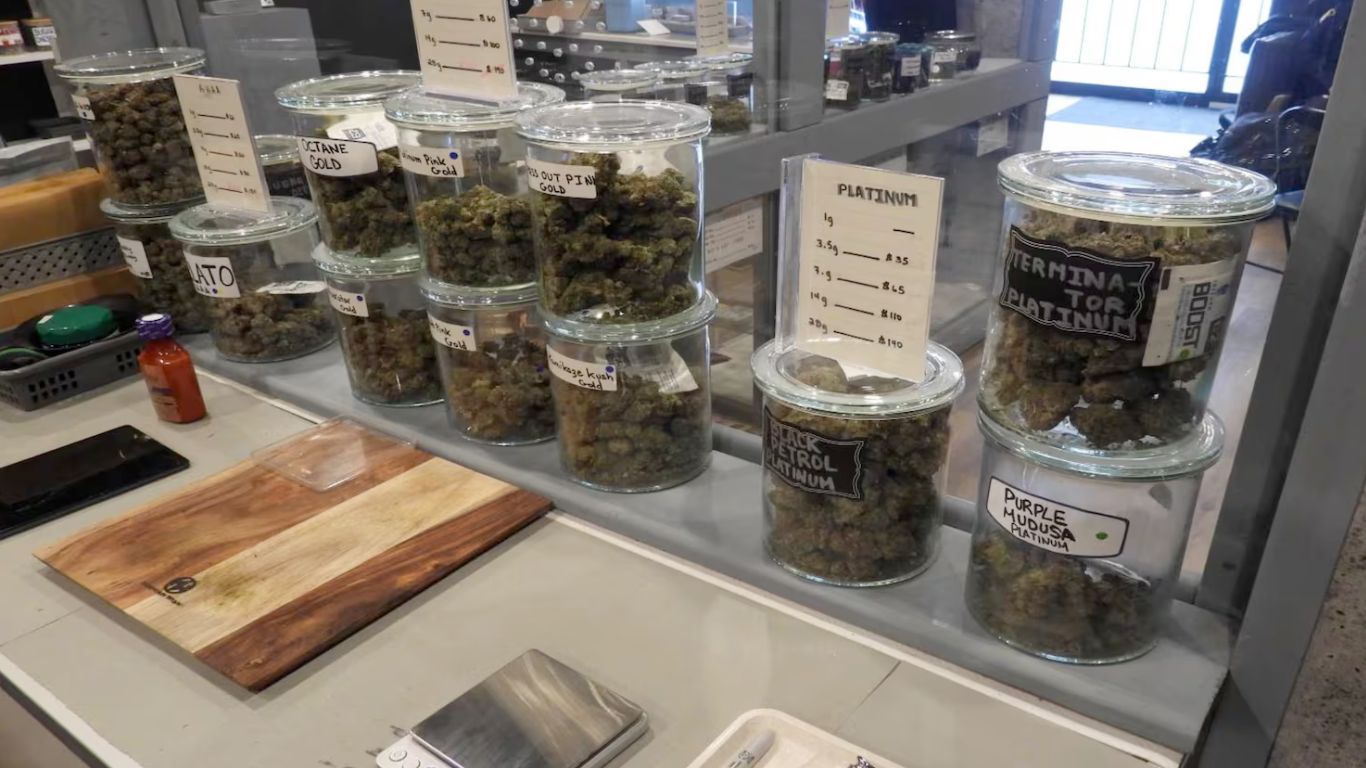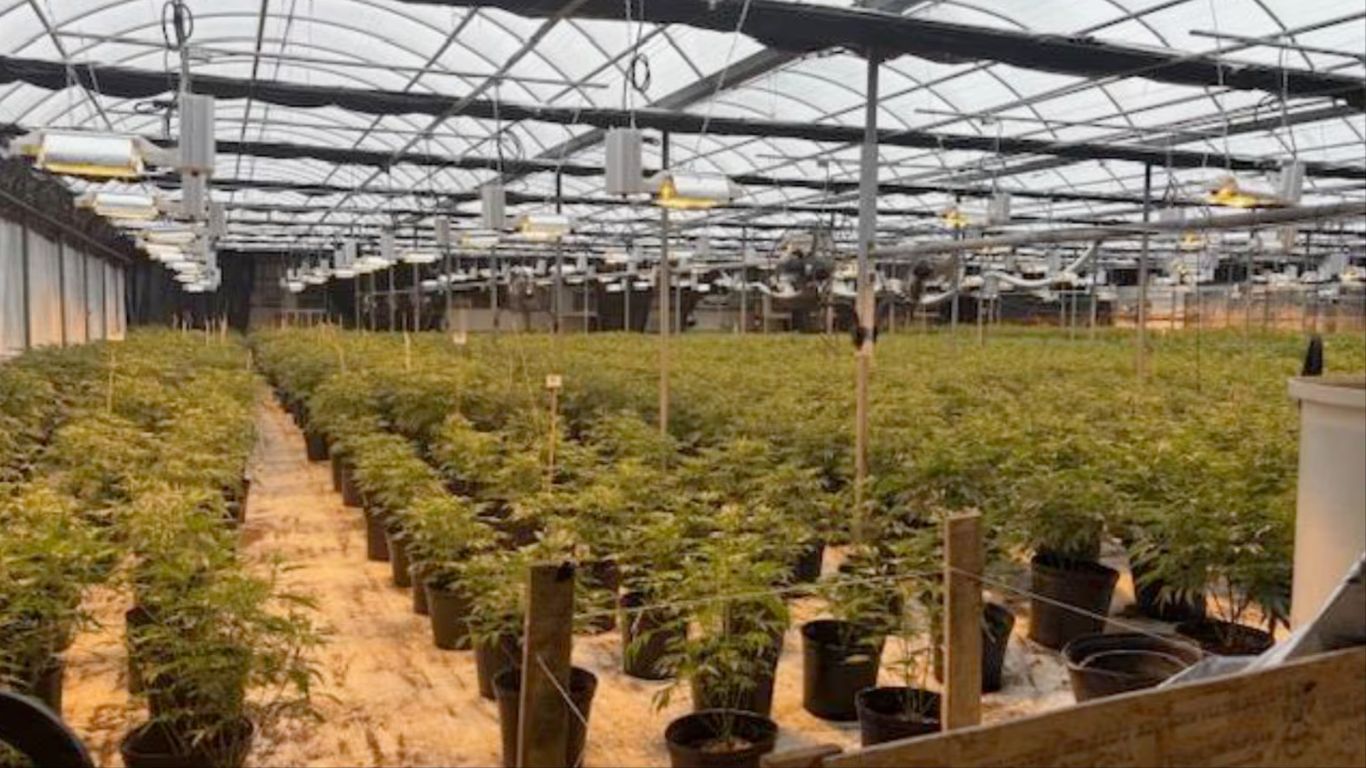
A sergeant with the Sûreté du Québec is currently under criminal investigation related to alleged false statements she made while investigating a medical production licence.
As covered recently in Le Journal de Montreal, Sergeant Dany Lafleur was found by a court in 2020 to have allegedly misled the court about her contacting Health Canada to determine the validity of a Health Canada document authorizing cannabis possession for medical purposes. She is now subject to a criminal investigation following a civil suit filed against her and her colleagues earlier this year by Christian Lanthier, who provided the Health Canada document.
Court records show that the document was presented to law enforcement by Lanthier during the execution of a search warrant at a residence in Repentigny, Quebec, related to a fraud investigation with an associate of the Hells Angels.
While searching the residence, officers say they smelled cannabis and then later discovered cannabis inside a vehicle they were searching under the original warrant. Lanthier presented the document to officers, telling them he was authorized to possess up to 150 grams of cannabis based on a 30-gram-a-day allowance.
Ultimately, the document made its way to the officer responsible for evidence, Dany Lafleur, who, along with other police officers, say they suspected the document was not legitimate. Court records also document that police ultimately secured a second search warrant to search the residence for drugs prior to learning of the authorizing document.
Lafleur told the court she had called Health Canada’s helpline—one set up for these types of requests from law enforcement—but did not hear back. She argued that this led her to conclude the document was invalid.
There are also conflicting statements from several officers regarding how the document was discovered and by whom.
The court initially ruled that the search was a valid one because the document was not valid. In a follow-up ruling in November 2020, the court found that Lafleur had likely misled the court about contacting Health Canada to determine the document’s validity.
This was partly supported by a lack of evidence showing that the Sergeant had contacted Health Canada at the time she claims.
This was also supported by looking at the helpdesk registry maintained by Health Canada, which was presented as evidence, along with call records from Lafleur’s personal and professional numbers.
No evidence was found of a call made by Lafleur to Health Canada’s call line on the day of the search or to a number beginning with the same area code as the assistance line. Lafleur’s first call recorded in the Health Canada register was made a month after the search.
The court also found that the officers who determined the Health Canada authorization was false had limited drug investigation experience and were unaware of medical cannabis regulations or the document type they were provided.
The court also disputed officers’ claims of how the document was discovered.
Translated from the court ruling: “The Court must therefore conclude that these police officers were not candid and transparent when they participated in preparing the telewarrant request, and when they testified before the Court, on points directly affecting the legality of the authorization requested and executed. Furthermore, when it comes to the verification call to Health Canada on the day of the search, the Tribunal can only think that an attempt was made to mislead it.”
Lanthier filed his civil suit in June of this year, leading police to consult with the Director of Criminal and Penal Prosecutions (DPCP) to determine whether there were grounds for an investigation into the actions of Lafleur.
The document in question was a Document for the Access to Cannabis for Medical Purposes Regulations, signed by Dr. Lawrence Fremont of Markham, Ontario, prescribing Lanthier the use of 30 grams of cannabis per day. According to Linkedin, Fremont operates a hair loss recovery centre.











